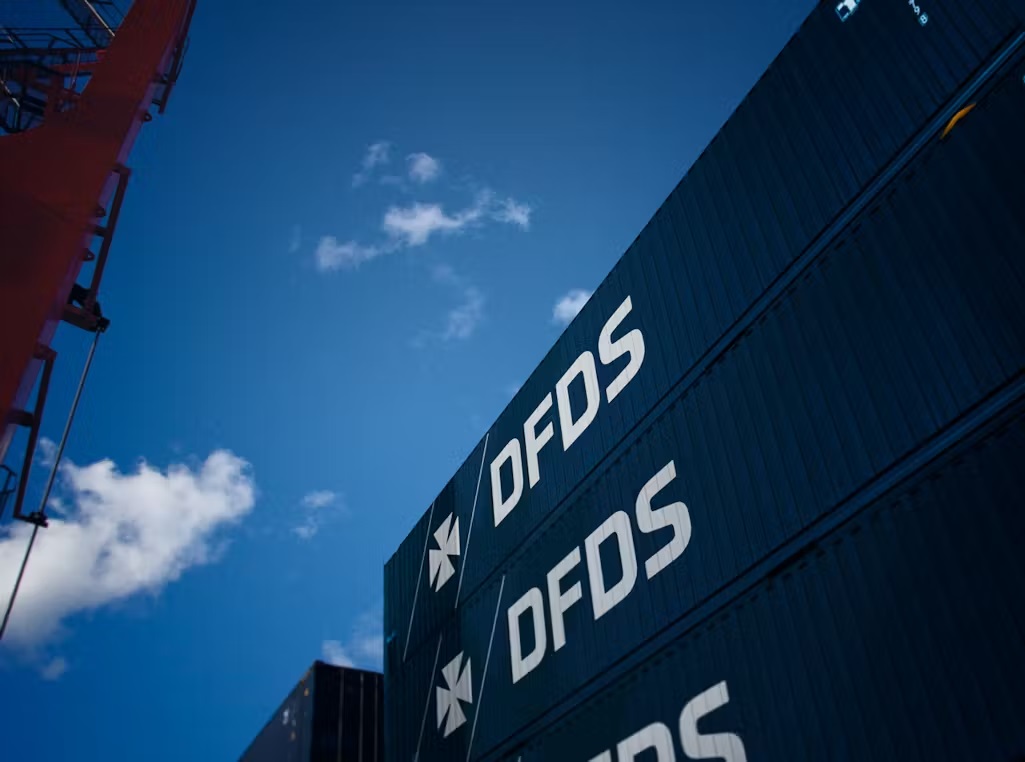Nowadays a company’s supply chain strength is considered a defining factor among its competitors. A lot has happened in the past years, with Covid and geopolitical tensions, logistics is now not only an operational function, but rather a strategic differentiator.
Most businesses are now looking towards advanced logistics solutions that will help boost efficiency and secure their position on the market.
Logistics as a strategic asset
Traditionally viewed as a cost centre, logistics is increasingly being recognized as a driver of growth and competitive advantage. Businesses that invest in well-integrated logistics solutions can respond faster to market shifts, manage costs more effectively, and maintain customer satisfaction even under challenging circumstances.
For instance, companies with agile distribution models can reroute goods quickly to avoid bottlenecks, minimizing delays and revenue losses. This flexibility can mean the difference between meeting demand and missing critical sales windows.
Efficiency is the currency of modern supply chains
Speed and precision are vital in today’s market. Logistics solutions that streamline warehousing, automate scheduling, and optimize transportation routes help organizations move products faster while reducing overhead.
This efficiency does more than improve margins because it frees up capital for reinvestment into growth, innovation, and market expansion. In competitive sectors like retail, manufacturing, and e-commerce, every percentage point in logistics cost savings can translate into a significant financial edge.
Resilience means planning beyond the predictable
Global supply chains face risks that are increasingly unpredictable, from natural disasters to sudden policy shifts. Robust logistics solutions enable scenario planning, supplier diversification, and rapid scaling of operations in response to disruption.
By building resilience into logistics infrastructure, companies protect themselves not only against lost revenue but also against long-term reputational harm from service failures.
Case in point – regional and sectoral gains
Industries as varied as consumer electronics, pharmaceuticals, and automotive manufacturing have reported measurable gains from rethinking their logistics strategies. Regional logistics hubs in the U.S., Europe, and Asia are growing in importance, allowing businesses to cut lead times and reduce exposure to single points of failure.
In each case, the organizations that view logistics as a competitive tool are emerging as leaders in their markets.
Start using advanced logistics solutions and look onwards with confidence
As globalization evolves into a more complex, multipolar trade environment, the ability to execute precise, resilient, and cost-effective logistics will separate market leaders from laggards. Companies that embrace logistics solutions as part of their strategic playbook are positioning themselves to thrive in an era where supply chain performance is as important as the products themselves.




